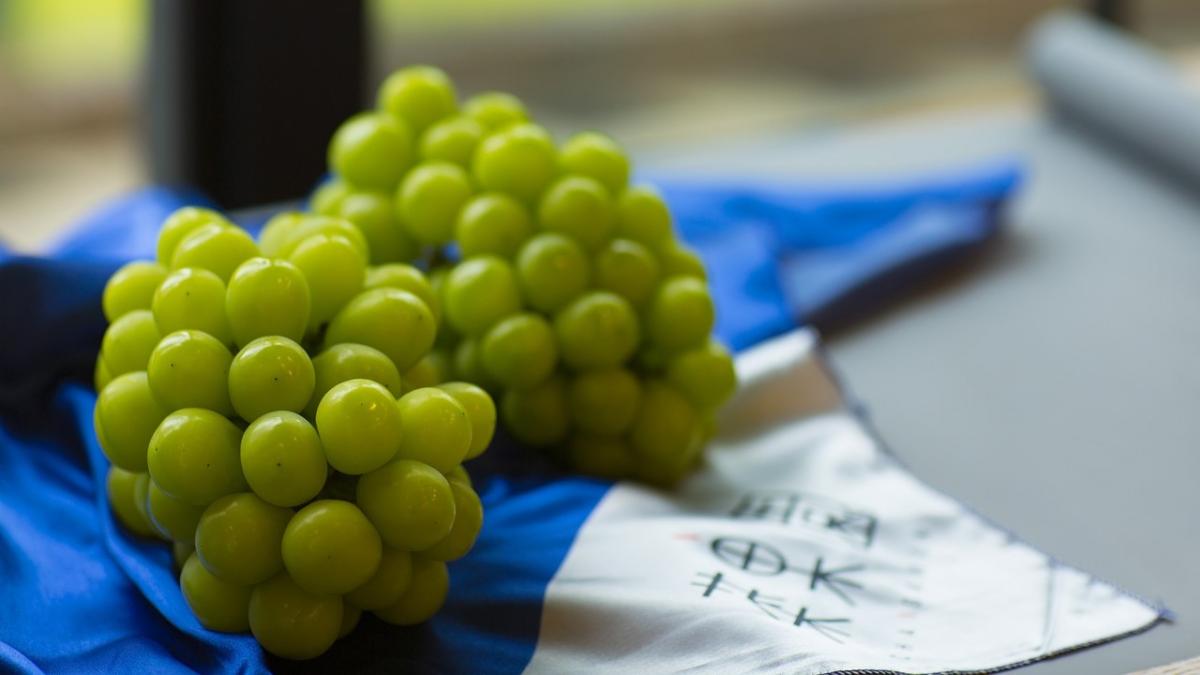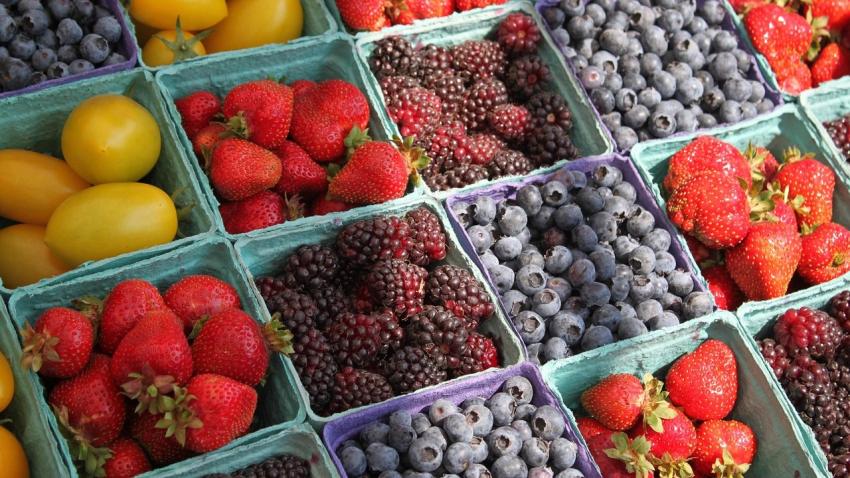You are here
Back to topGrowing Concerns in Southeast Asia Over Pesticide Residues on Shine Muscat Grapes

According to a news report by the Bangkok Post, the Thailand Consumers Council recently claimed that among 24 samples of Shine Muscat grapes purchased in early October through various retail channels in Bangkok and surrounding provinces, 23 were found to contain harmful chemical residues exceeding legally permitted limits, including chlorpyrifos and endrin aldehyde.
Only nine of the 24 samples could be traced to their source — all came from China — while the countries of origin for the remaining 15 samples could not be determined. The Thailand Consumers Council has urged the Thai Food and Drug Administration to take legal action against the importers of these grapes, resulting in a sharp decline in the prices of Shine Muscat grapes in Thailand and the removal of large quantities from store shelves.
These Thai media reports have raised widespread concerns among consumers in several other Southeast Asian countries, prompting various authorities to urgently test Shine Muscat grapes imported from China. According to a report by The Star dated Oct. 28, Malaysia’s Ministry of Health stated in a release that the Food Quality and Safety Programme had tested 234 grape samples, of which only four failed to meet maximum residue limits. However, none of these samples were of the Shine Muscat variety. The ministry also assured the public that stringent checks would be conducted at the border to ensure food safety.
As reported by CNA, the Singapore Food Agency publicly responded to the matter on Oct. 30, stating that Shine Muscat grapes available in Singapore have undergone pesticide testing and other quality control measures and remain safe to eat. The agency noted that Shine Muscat grapes are primarily imported into Singapore from countries such as China, South Korea and Japan and that tests on these grapes had not revealed any pesticide residues that may affect food safety. The agency also confirmed that it would continue its monitoring and testing protocols to protect public health and that any food failing these inspections would not be permitted for sale.
On Oct. 31, Indonesia’s National Food Agency also released its own testing results, indicating that Shine Muscat grapes imported from China have met local food safety standards and are safe to consume. Rapid tests were conducted at nearly 100 locations across Indonesia, with 90% of the samples returning negative results and the remaining 10% having residue levels within safe limits. Some samples were sent to a laboratory for further confirmation.
In response to concerns from Thai consumers, the Thai FDA issued a statement. According to a news report by the Thai Public Broadcasting Service, the FDA reassured the public that there is no need for excessive concern regarding the testing results, as the 36 types of pesticides detected in the grapes were all within required safety limits. The agency also recommended that consumers soak the grapes in plain water or a baking soda solution for 15 minutes and then rinse them under running water for 30 seconds. In addition, it has strengthened its controls on imported fruits and vegetables to ensure that chemical residues remain within safe limits.
Image: Pixabay
This article was based on a Chinese article. Read the original article.













Add new comment